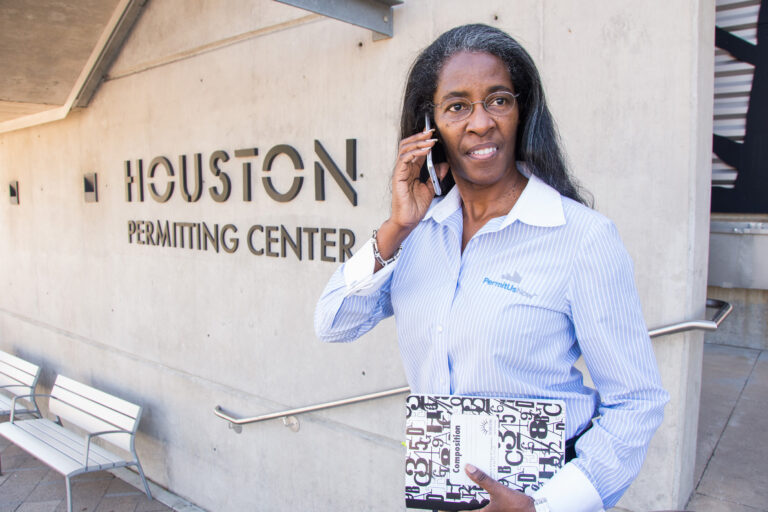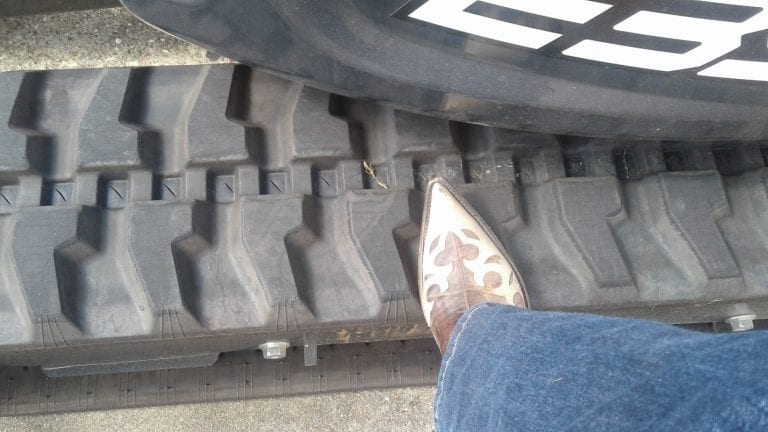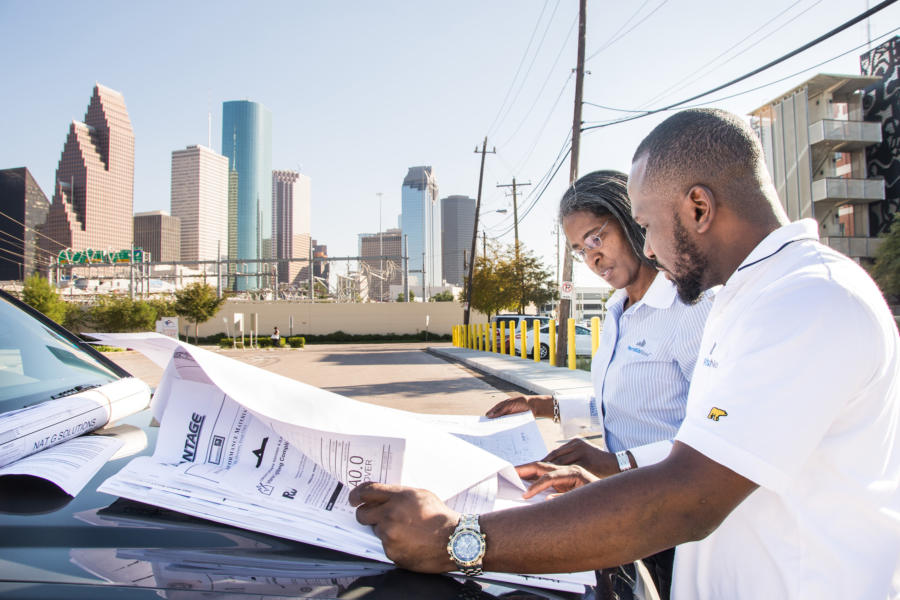
Breaking ground on your dream construction project in Round Rock, TX, is an exciting time. But before you can start building, you must have all the necessary permits. Pulling permits can be tricky, especially because every city has its specific set of building codes and regulations—and Round Rock is no exception. But we are here to help!
Here are three secrets to streamline your permit acquisition in Round Rock, TX.
Secret 1: Know the codes.
One of the most important components in the permit process is understanding the building codes in your area. Round Rock has adopted several international codes to ensure safety and sustainability in construction practices within city boundaries. Having a good grasp of these codes will help your project start smoothly and avoid hiccups along the way.
Here are some of the vital codes you should familiarize yourself with:
- 2015 International Building Code (2015 IBC) and Appendices
- 2015 International Fire Code (2015 IFC)
- 2015 International Energy Conservation Code (2015 IECC)
- 2015 International Residential Code (2015 IRC)
- 2015 International Swimming Pool and Spa Code (2015 ISPSC)
- 2015 International Mechanical Code (2015 IMC)
- 2015 International Plumbing Code (2015 IPC)
- 2020 National Electric Code (2020 NEC)
The 2020 National Electric Code deserves special attention, as it has substantial local amendments adopted on November 1, 2020. Even though they are not formally incorporated into the Code of Ordinances in the City of Round Rock yet, they are actively enforced. Understanding these codes before starting your project can help you plan your project to avoid delays and complications from code violations.
Secret 2: Be aware of additional review requirements.
Different types of projects may require additional reviews. For example, if you are starting a food service project, such as a restaurant, bar, food truck, or convenience store, your plans must be reviewed by the Williamson County and Cities Health District (WCCHD). This will involve submitting a food establishment permit application and a food establishment plan review application.
Similarly, if your project involves a historic property with Historic Overlay Zoning, a Certificate of Appropriateness is required before a building permit can be issued. This requirement extends to all structures on the site, including fences and accessory structures. You can contact the Planning and Development Services desk at 512-218-5428 for any questions or concerns about this.
Secret 3: Hire a permit expediter.
The permit process can indeed be complex and time-consuming. That is precisely where permit expediters like Permit Us Now come in.
Our team boasts vast experience and an in-depth understanding of the Round Rock permit process. We can guide you through the journey, saving you time and potential headaches. When you entrust us with your permitting needs, you can concentrate on the core of your project—bringing your vision to life.
In Conclusion
Understanding the permit process does not have to feel like an uphill climb. With the right guidance and resources, it can become a manageable and straightforward part of your project. It is not just about the construction work itself; understanding and managing the permit process is a crucial part of a successful project. At Permit Us Now, we understand the importance of seamless permit approval processes, and we are dedicated to supporting project owners in navigating the complex permit landscape. Our team is committed to pulling permits for our Architect, Contractor, and Project Owner clients without delay, eliminating frustrations and simplifying the permitting process. To get started, email us your plans, follow up on our feedback for any missing items, and let us handle your permitting needs. Call 1.844.PERMIT.4 today to begin your permit journey! #BuildSafe





